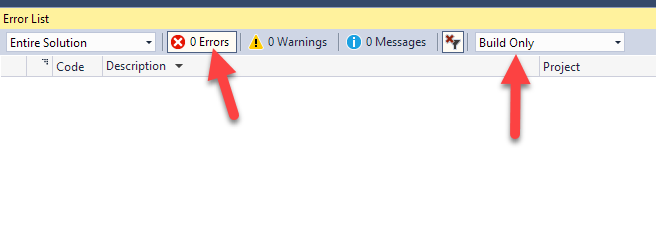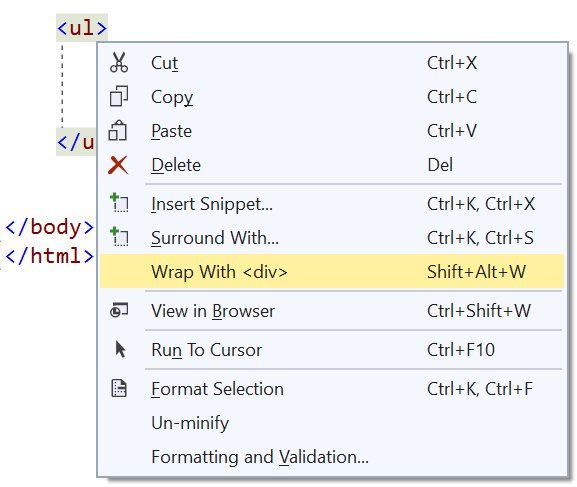
- #VISUAL STUDIO 2015 INTELLISENSE FUNCTION DESCRIPTION HOW TO#
- #VISUAL STUDIO 2015 INTELLISENSE FUNCTION DESCRIPTION UPDATE#
- #VISUAL STUDIO 2015 INTELLISENSE FUNCTION DESCRIPTION CODE#
One of the great new features in C++20 is concepts. You can learn more about the IntelliSense Linter here. The linter is now enabled by default in Visual Studio.
#VISUAL STUDIO 2015 INTELLISENSE FUNCTION DESCRIPTION CODE#
While code analysis is much more flexible and powerful than the linter, it also takes longer to provide results because the translation unit must be compiled first. This complements the more comprehensive code analysis from the compiler. Currently, the linter is focused on common C++ typos, common bugs such arithmetic and operator mismatches, performance issues, and security issues such pointer arithmetic problems. The IntelliSense linter gives instantaneous results for the most critical issues, instantly, as you type. We introduced the IntelliSense C++ linter as a complement to the more comprehensive code analysis that now runs in the background. You can learn more about in-editor code analysis here. In the latest version of Visual Studio, code analysis runs in the background for any files you are editing and results are shown directly in the IDE’s editor: However, before VS 2019, you needed to compile your code before you could see any warnings or errors from this comprehensive analysis. The Microsoft Visual C++ Compiler has had extensive support for code analysis for some time. These features range from the very lightweight like our new C++ Linters that run inside the IntelliSense engine, to features like clang-tidy that bring in many more checks, and all the way up to the complete rulesets that MSVC’s Code Analysis provides.

These work together and allow you to turn the dial in Visual Studio depending on how comprehensive you want to be in analyzing and updating your code. One way to do this is with our code analysis, code tidying, and C++ linting tools.
#VISUAL STUDIO 2015 INTELLISENSE FUNCTION DESCRIPTION UPDATE#
We want to make it as easy as possible to update your codebases to use the latest languages standards. Most of these features deserve a blog post on their own, so here they are if you want to learn more: All these features are supported in the IDE by the IntelliSense features you know and love. C++20Ĭ++20 includes great new features such as modules, coroutines, concepts, ranges, the three-way operator, designated initializers and many more. That involves a lot of work in our compilers and standard library but is not complete without the corresponding IntelliSense in the IDE to back these new features up while you are editing your code. We strive to make Visual Studio the best IDE for working with the latest language standards. Your feedback really does help us deliver a great product! C++ Standards If you have any suggestions or run into issues with Visual Studio, please let us know on Developer Community. Many of these features are rooted in community suggestions. If you want to try all these features out, please grab the latest release of Visual Studio 2019.

We hope you find this collection helpful. If you have followed our blog since the 2019 Previews, you may be familiar with some of these features already.

#VISUAL STUDIO 2015 INTELLISENSE FUNCTION DESCRIPTION HOW TO#
We’ve collected a few of the highlights in case you are interested in upgrading to Visual Studio 2019 or just want to learn how to be more productive when writing C++ code. We’ve made many great improvements to C++ IntelliSense over the course of the Visual Studio 2019 release.


 0 kommentar(er)
0 kommentar(er)
